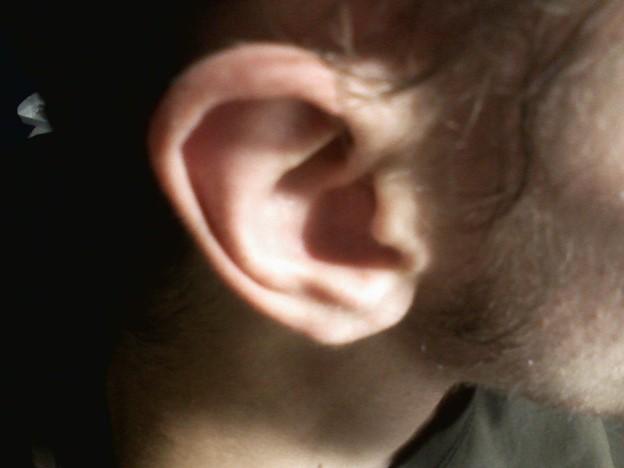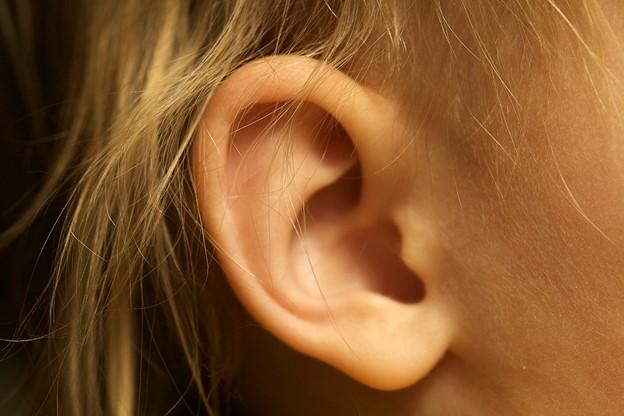About Frequency Levels of Tinnitus

Tinnitus is usually described as the incessant ringing of the ears where the sounds include buzzing, roaring, hissing, and clicking. The patient perceives these kinds of sounds even if they don’t hear the noises in their environments.
These incessant sound waves can range from low-pitched to high-pitched ones, where others find that the louder ringing can be unbearable. It may be present in only one ear or both of them. The ones with severe cases can have issues with sleeping, working, and hearing.
Know that tinnitus is not specifically a disease. It’s considered a symptom of the disease. This may be a sign that your auditory system is experiencing something wrong, and it may be the right time for a quick check-up.
The condition may affect the ears and the auditory nerves, brain, cochlea, eardrums, and some parts of the brain that process the sound waves that you hear from the environment. Various conditions can cause the condition, and you can learn about low frequency tinnitus and its effect in the link provided. Know that there’s no cure for tinnitus, but it can only be temporary when the root cause has been adequately addressed.
Some of the Remedies to Know About
- Using of Hearing Aids
Many people had described that when they used hearing aids upon the onset of the symptoms, this enabled them to hear better. When there’s hearing loss that’s happening to a patient, it’s essential to know that the brain also undergoes some changes in how it will process the frequencies of the sounds.
Hearing aids are small electronic devices that use speakers, amplifiers, and microphones to help increase the external noises found in the environment. It can mollify the brain’s neuroplastic changes, and the result will be an improved way of processing sounds.
If you notice the onset of tinnitus, even if it’s just low-frequency, you may notice that you can hear better the lesser you put a notice on it. Some of the surveys in healthcare providers found that about 60% of people had some relief with the help of hearing aids, so you may want to give these a try.
- Sound-Masking Appliances
Some devices can provide you with a more pleasant external sound that can partially drown some of the tinnitus you’re experiencing. In these traditional sound-masking machines, many of them are formed to fit inside the ears. They can play relaxing and soothing nature noises, pink, white, and other ambient sounds.
Many people prefer these because they are slightly louder than the constant ringing that they are often hearing. They can completely drown out the annoying noises so they can fall asleep. Others are using music, television, and headphones to help them.
- Customized or Modified Sound Machines
These are the standard devices that are known to help you mask tinnitus. However, they may not have any long-lasting effects on your condition. Some of the modern devices that are considered medical-grade use sounds that are specifically tailored for your tinnitus.
You can only wear these machines intermittently and not regularly. Some of the devices can benefit you after turning them off, and there may be an improvement in the perceived loud frequency of the buzzing sounds.
- Behavioral Therapy
One of the leading causes of tinnitus is a higher level of emotional stress. Some of the conditions to watch out for are insomnia, anxiety, and depression, and one of the ways to help your body cope is to undergo cognitive behavioral therapy. This kind of therapy consists of talking to the patients on how they can cope and accept their current condition rather than looking for ways to reduce the frequency level. One of the goals of cognitive-behavioral therapy is to prevent patients from getting mad.
CBD may involve long sessions with counselors and therapists. Typically, you meet with a professional one time a week to change and identify some of the possible negative thought patterns that you may be developing. This is a therapy that’s initially designed for people who have psychological problems and depression. Still, research has shown that this has improved the conditions of many patients with hearing problems.
When to See a Doctor

Many people are not especially bothered with the tinnitus condition. However, for others, this is already considered a disruption in their daily lives. You may want to visit your doctor if you have developed colds, upper respiratory infections, or the buzzing sounds don’t improve for a week. If it begins to interfere in your life, then it may be time to seek treatment and cure for this.
It’s essential to see a doctor as soon as possible if you think that this condition makes you depressed or you’re beginning to experience anxiety. Know more about tinnitus and anxiety disorders on this page here. There are possibilities as well of getting dizzy or deaf because of these.
Causes to Know About

Loss of Hearing. The constant buzz may stem from damages to the delicate cells of your cochlea. This organ may also move with the sound waves, and they can trigger specific electrical impulses along the nerves to the auditory part of your brain. Your brain interprets the sound waves’ signals as sounds.
When these hairs inside the ears are broken and bent, they can leak some of the random impulses that are not meant for the brain. This can happen when one starts to age or is frequently exposed to louder sounds.
Ear Canal Blockage or Infection. The ear canals may be blocked because of a buildup of earwax inside it. There may also be foreign materials lodged inside, causing the pressure that causes the buzzing sound.
Neck or Head Injuries. There’s trauma that may affect your hearing, and it may be caused by neck or head trauma. This will not only affect your auditory systems but your sensory nerves as well. This may affect only one ear or both.
Medications. Nowadays, some medications may cause side effects, including tinnitus. You should talk to your physician about this and switch to other medicines as soon as possible if you are experiencing buzzing sounds.
More to Read:
Previous Posts:








